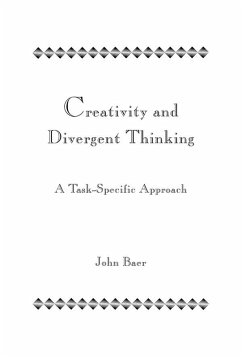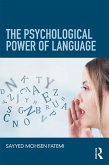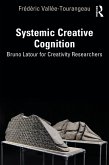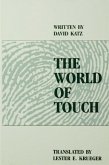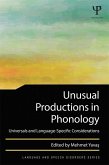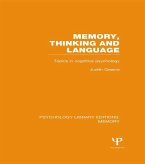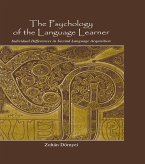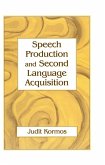Reviewing the available research on divergent thinking, this book presents a framework for understanding other major theories of creativity, including Mednick's associative theory and a possible connectionist approach of creativity. It reports a series of studies (including the study that won APA's 1992 Berlyne Prize) that demonstrate the absence of effects of general creative-thinking skills across a range of creativity-relevant tasks, but indicate that training in divergent thinking does in fact improve creative performance across diverse task domains. The book then ties these findings together with a multi-level theory, in which a task-specific approach to creativity is strengthened by recasting some divergent-thinking concepts into domain- and task-specific forms.
This book fills the gap between divergent-thinking theory and more recent, modular conceptions of creativity. Rather than advocate that we simply discard divergent thinking -- an approach that hasn't worked, or at least hasn't happened, because of many attacks on its validity and usefulness -- this book shows how to separate what is useful in divergent-thinking theory and practice from what is not. It shows that divergent-thinking training can be valuable, although often not for the reasons trainers think it works. And it offers specific suggestions about the kinds of creativity research most needed today.
Dieser Download kann aus rechtlichen Gründen nur mit Rechnungsadresse in A, B, BG, CY, CZ, D, DK, EW, E, FIN, F, GR, HR, H, IRL, I, LT, L, LR, M, NL, PL, P, R, S, SLO, SK ausgeliefert werden.

